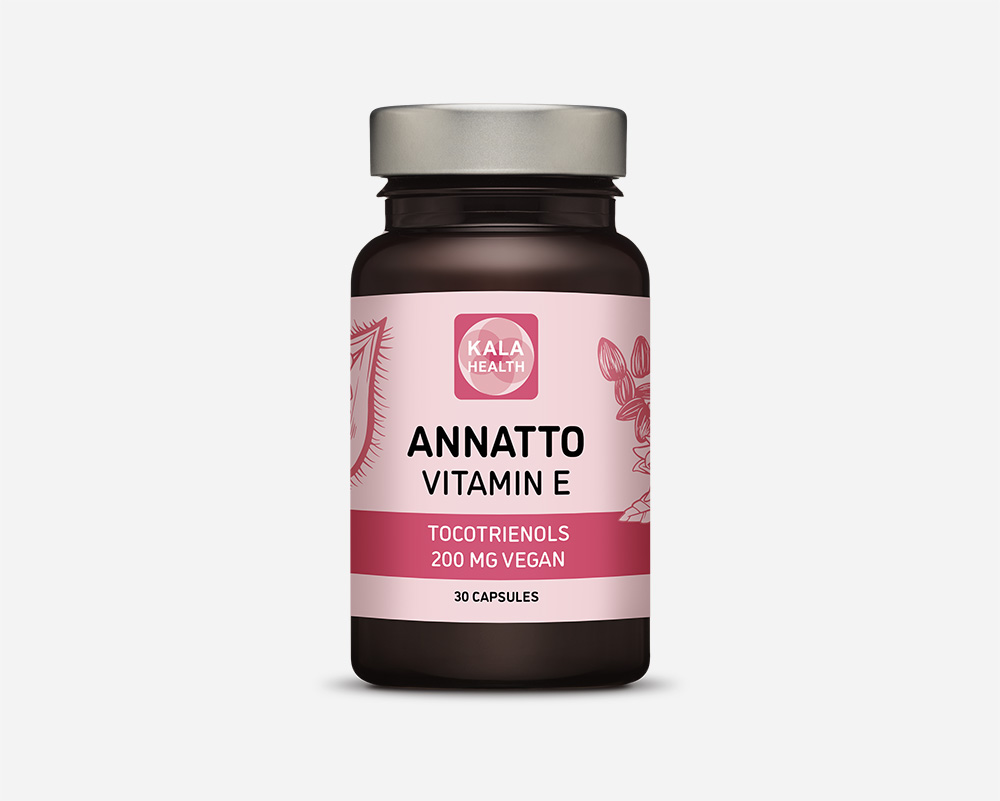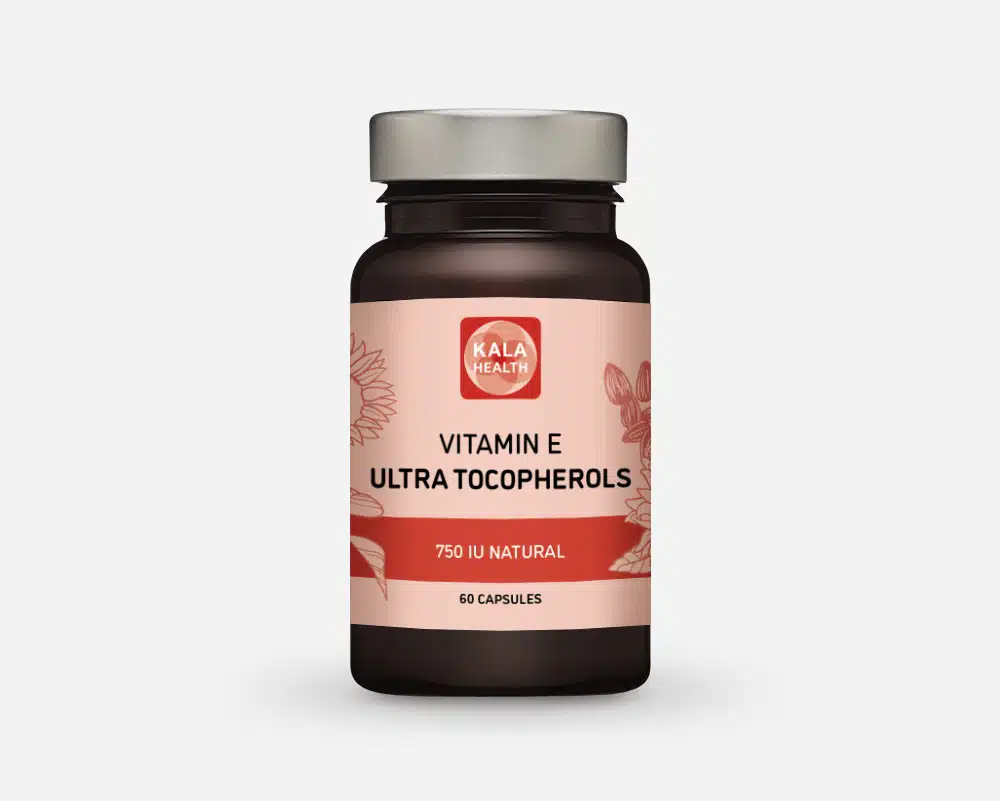Vitamin D3 + K2
- Combined vitamin D3 + K2: A strong synergistic effect
- With the most absorbable form of vitamin D3 and K2: Cholecalciferol and MK-7
- Vitamin D: Increases calcium absorption in the bones
Description

Why combine D3 + K2?
It’s no surprise: The best way to increase vitamin D levels in the body is through exposure to sunlight. Unfortunately, this is not possible for everyone, especially during the winter season and/or if you live in northern countries with little sunlight. In that case, supplementing with vitamin D3 can provide a solution.
In recent years, more has been discovered about the synergistic effect of vitamin D3 and K2. Science has repeatedly proven that combining both nutrients optimizes their effectiveness.
Why is K2 important when taking D3?
Vitamin K2 is an important supporting vitamin for calcium and vitamin D. Vitamin D and K2 are both necessary for the production of certain proteins, the so-called Gla proteins. The main examples of these proteins are osteocalcin and Matrix-Gla protein (the anticalcium protein). ‘Gla’ stands for ‘glutamic acid’ which binds to calcium in the cells of the vessel wall and then releases the calcium. Matrix-Gla protein is produced in tissues such as blood vessels, cartilage, kidneys, spleen, lungs, and bone tissues.
Effect of D3 and K2 on MGP and osteocalcin
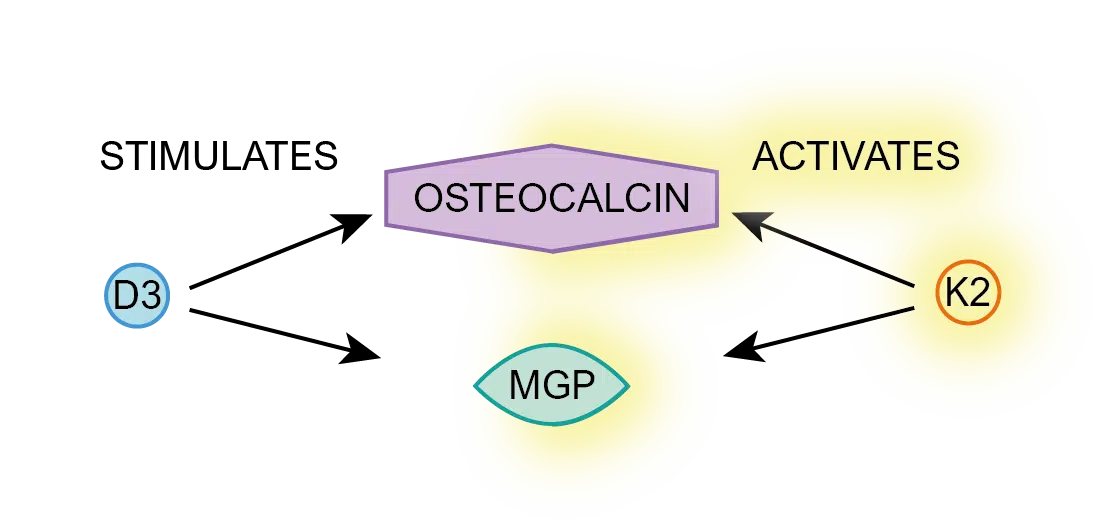
At the same time, vitamin K2 makes it easier to transfer the (released) calcium in the bone matrix to the enzyme osteocalcin, which in turn helps absorb the calcium into the bone. Osteocalcin (also known as ‘Bone-Gla protein’) is produced in bone and dental tissue.
The text below discusses this process in detail.
Matrix-Gla protein (MGP) contains residues of glutamic acid, which must be carboxylated (a chemical reaction in which a carboxyl group is added) to become active. Vitamin K2 comes into play during this carboxylation process. Vitamin K2 works together with the enzyme ‘gamma-glutamylcarboxylase’, which converts glutamic acid into gamma-carboxyglutamate (Gla). Gamma-carboxyglutamate is needed to activate MGP. Once MGP is activated, it can bind to calcium ions, preventing the calcium ions from depositing in the blood vessels.
At the same time, vitamin K2 helps bring calcium to the right place, namely the bones. K2 activates a protein called osteocalcin, which helps bind and absorb calcium into the bone matrix. This dual action of vitamin K2 – activating MGP to release calcium from the blood vessels and stimulating osteocalcin to deposit calcium in the bones – is crucial. So, calcium plays a role in bone formation, but this only works if it ends up in the right place. Please see the image below for clarification.
The synergistic action of D3 and K2
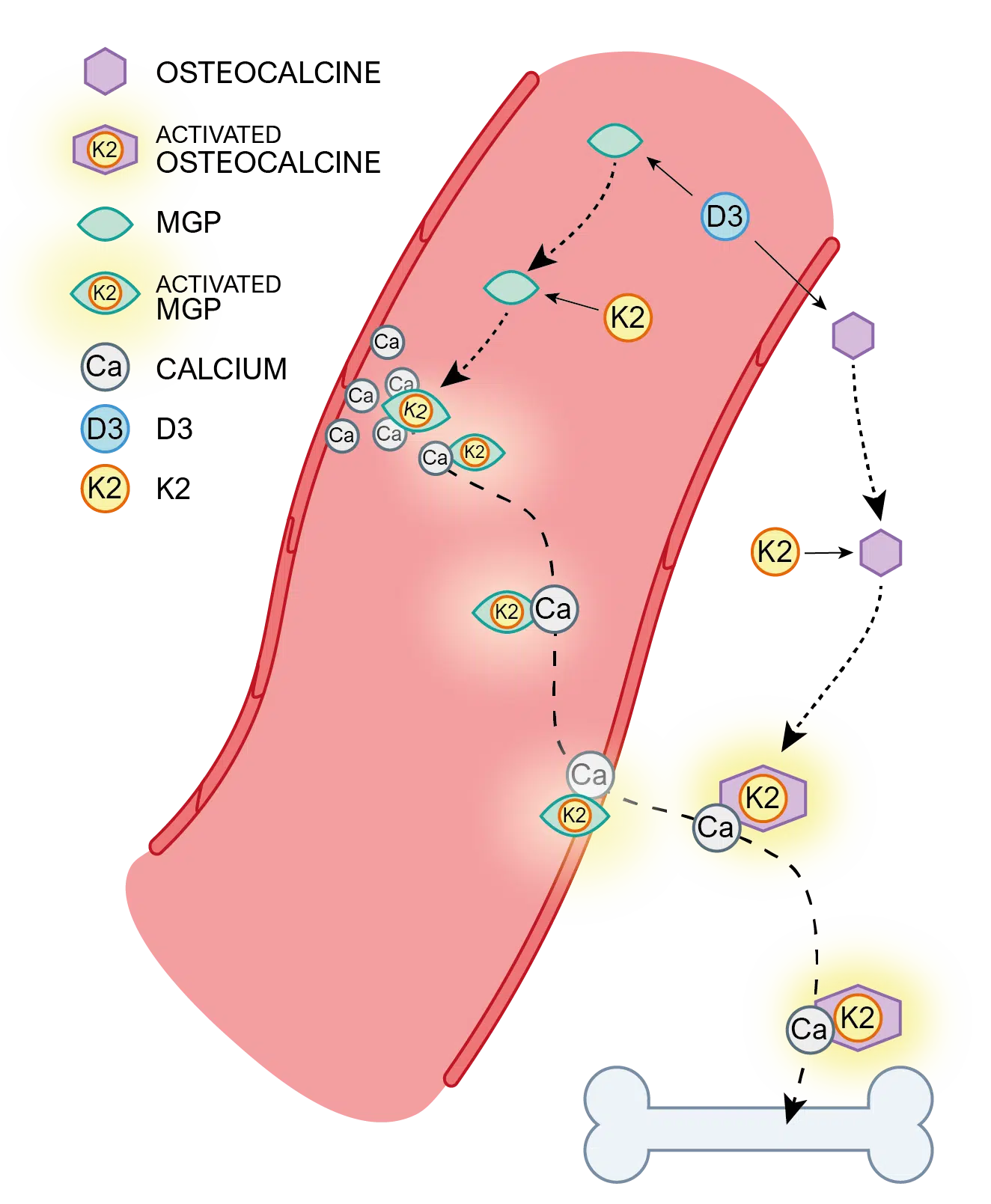
Vitamin D3 and vitamin K2 thus work together to ensure that calcium ends up in the right places in the body: Preventing accumulation of calcium in the blood vessels and ensuring that enough calcium ends up in the bones.
Which form of vitamin D3 and K2 is the best?
Vitamin D consists of a group of fat-soluble forms. The two most common forms are D2 (ergocalciferol) and D3 (cholecalciferol). Cholecalciferol is produced by the skin under the influence of sunlight (UVB radiation), which is why vitamin D has been nicknamed the ‘sunshine vitamin’. Important to know: Vitamin D2 and D3 are not equivalent when it comes to increasing your vitamin D levels. Both are effectively absorbed into the bloodstream, but the liver converts them in different ways.
Vitamin D2 is converted to 25-hydroxyvitamin D2, and vitamin D3 to 25-hydroxyvitamin D3, with both compounds known as calcidiol. Calcidiol can be seen as a measure of the vitamin D stock in the body, for example, when measuring vitamin D, calcifediol levels in the blood are looked at.
Several studies show that D3 is much more effective than D2 in increasing calcifediol in the blood. One study of 32 women even found that a single dose of vitamin D3 was almost twice as effective as vitamin D2 in increasing calcifediol levels. If you use vitamin D supplements, consider choosing vitamin D3.
Vitamin K2 (menaquinone) can be divided into subtypes, namely the forms with a short chain (such as menaquinone-4; MK-4) and the forms with a long chain (such as MK-7, MK-8, MK-9). We know that MK-7 is the most effective form of vitamin K2. Due to its long half-life, MK-7 remains in the body for a long time. For this reason, vitamin K2 in the form of MK-7 has been chosen for superior efficacy.
Allowed health claims
D3
- Vitamin D promotes a normal/good calcium level in the blood
- Good for calcium metabolism
- Vitamin D increases calcium absorption in the bones
- Is good for the cell division process
- Has a positive influence on the immune system
- Supports teeth
- Plays a role in maintaining strong muscles
K2
- Vitamin K contributes to normal blood clotting
- Vitamin K helps ensure calcium is absorbed in the bones
Calcium
- Contributes to maintaining strong bones
- Supports blood clotting
- Contributes to the process of cell renewal
- Has a favorable effect on a normal energy-yielding metabolism
- Calcium is necessary for maintaining normal teeth
- Also supports muscles
- Plays a role/assists in digestion
- Good/important for the nervous system
Emphasized
Due to legal restrictions, not all details about this dietary supplement can be provided. However, for further questions, we are available at +31 (0)70-345-0290.
Composition
Vitamin D3 + K2 contains the following ingredients:
Ingredients
| Composition per capsule (daily dosage): | %RI* | |
|---|---|---|
| Vitamin D3 (Cholecalciferol 2000 IU) | 50 mcg | 1000% |
| Vitamin K2 | 50 mcg | 70% |
*RI = Reference intake
Ingredients: Vegan vitamin D3 Calciol, K2, corn syrup, Arabic gum, mono- and diglycerides of vegetable fatty acids, silica, vitamin E, vitamin C, maltodextrin, dietary fiber, and HPMC vegan capsule.
Guaranteed free from: Preservatives, synthetic fragrance, color, and flavorings.
Use & dosage
Recommended use
| For Who? | Daily Dosage |
|---|---|
| Adults: | 1 capsule per day |
Daily dosage: Adults 1 capsule per day, or as recommended. Preferably take during a meal. Adhere to the (recommended) daily dosage.
Mandatory statement: A dietary supplement is not a substitute for a varied diet. A varied, balanced diet and a healthy lifestyle are important. This product is a dietary supplement (contains vitamins).
Safety
- Consult an expert before using supplements in case of pregnancy, lactation, medication use, and illness.
- This dietary supplement is not suitable for children up to and including ten years of age.
Storage advice
Storage: In a dry place at room temperature, and out of reach of small children.
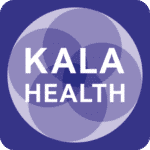

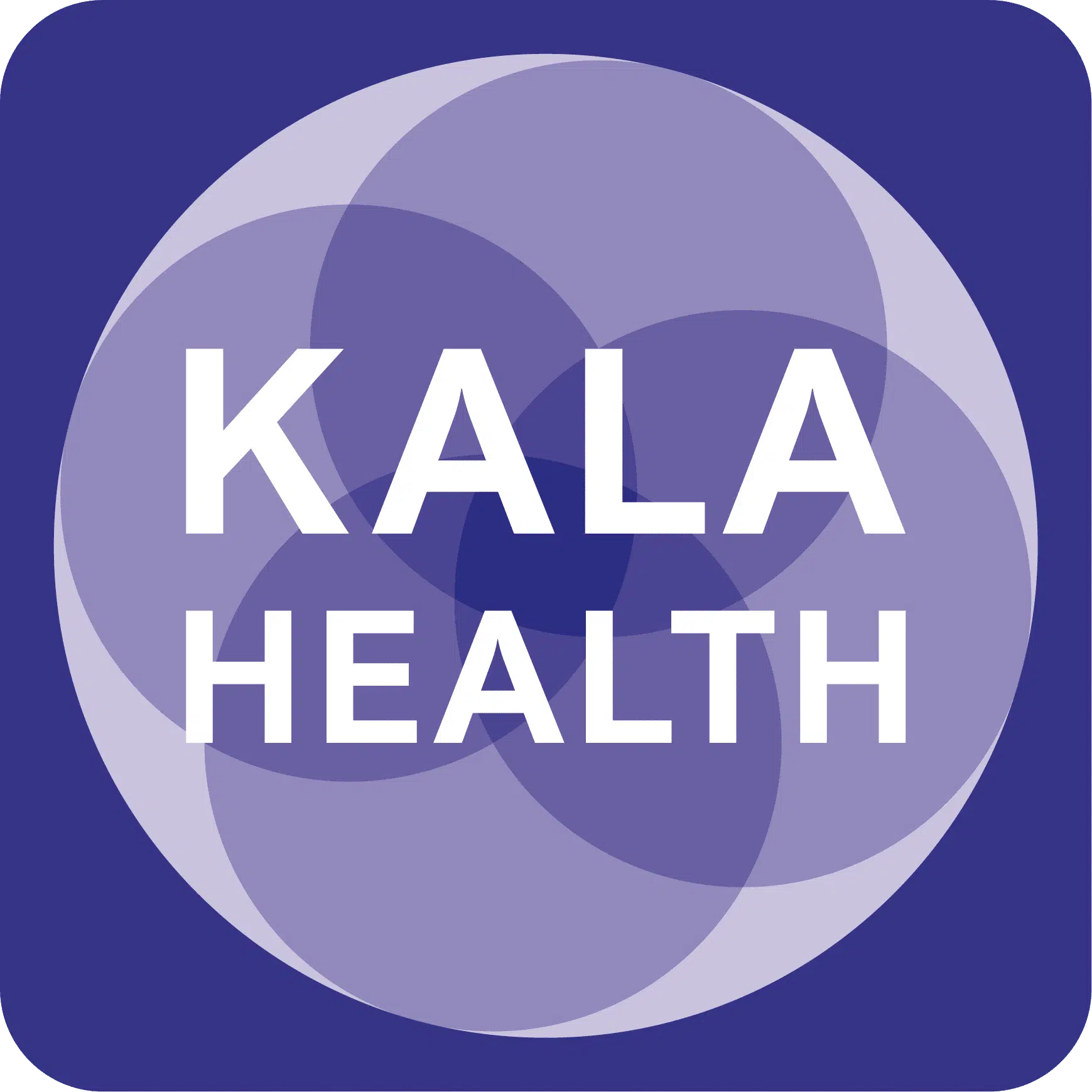
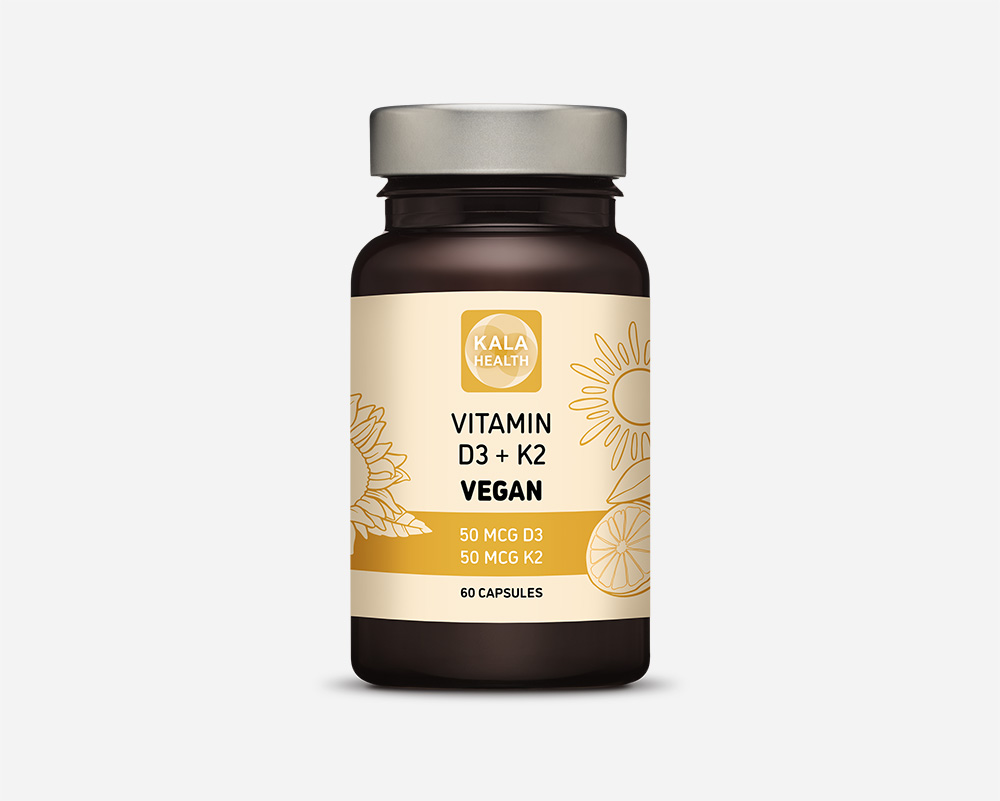
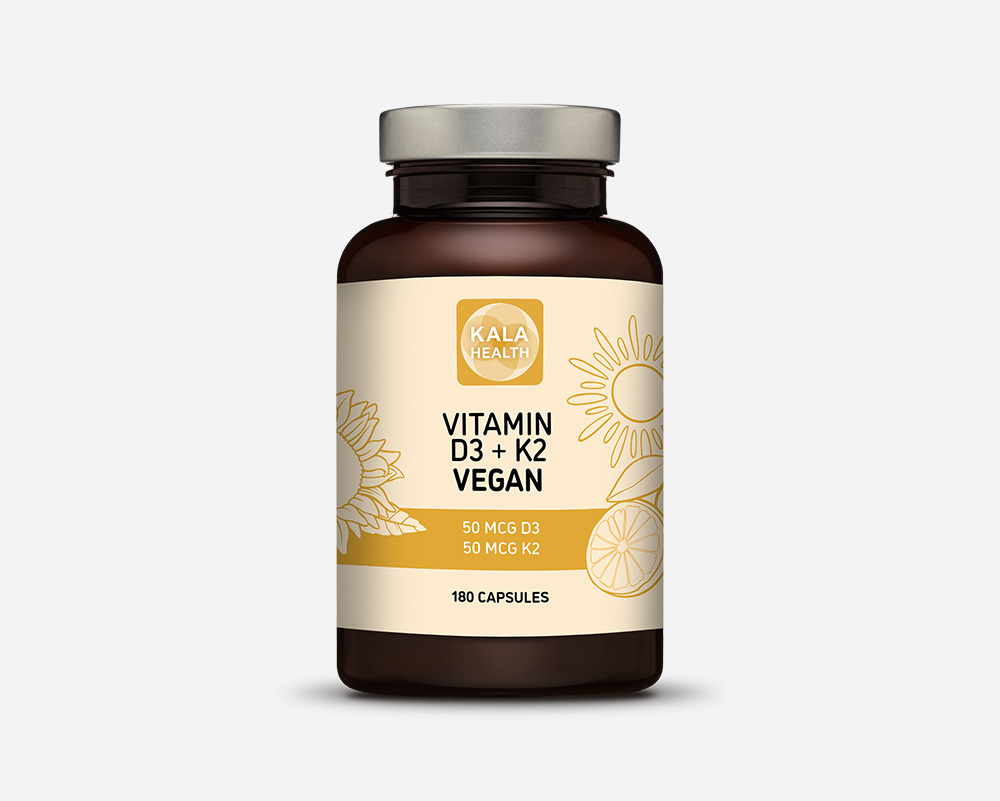



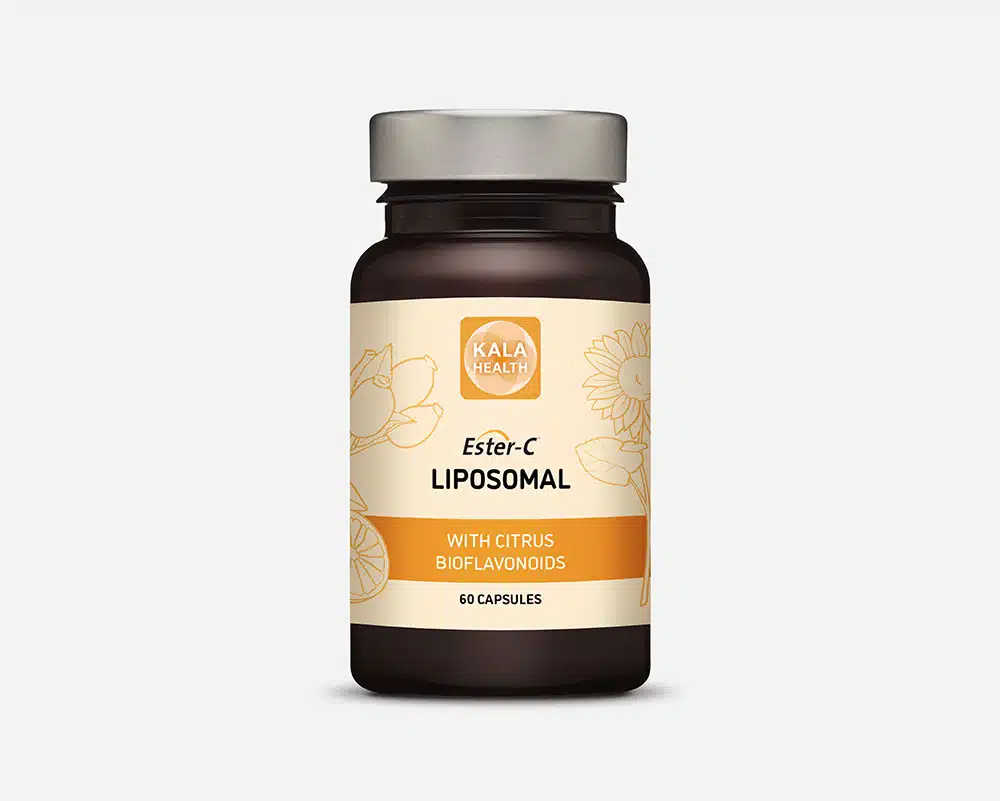
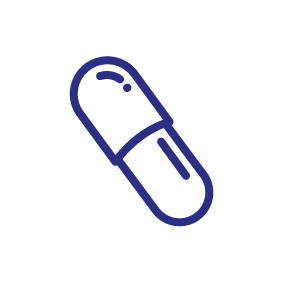 60 or 180 capsules
60 or 180 capsules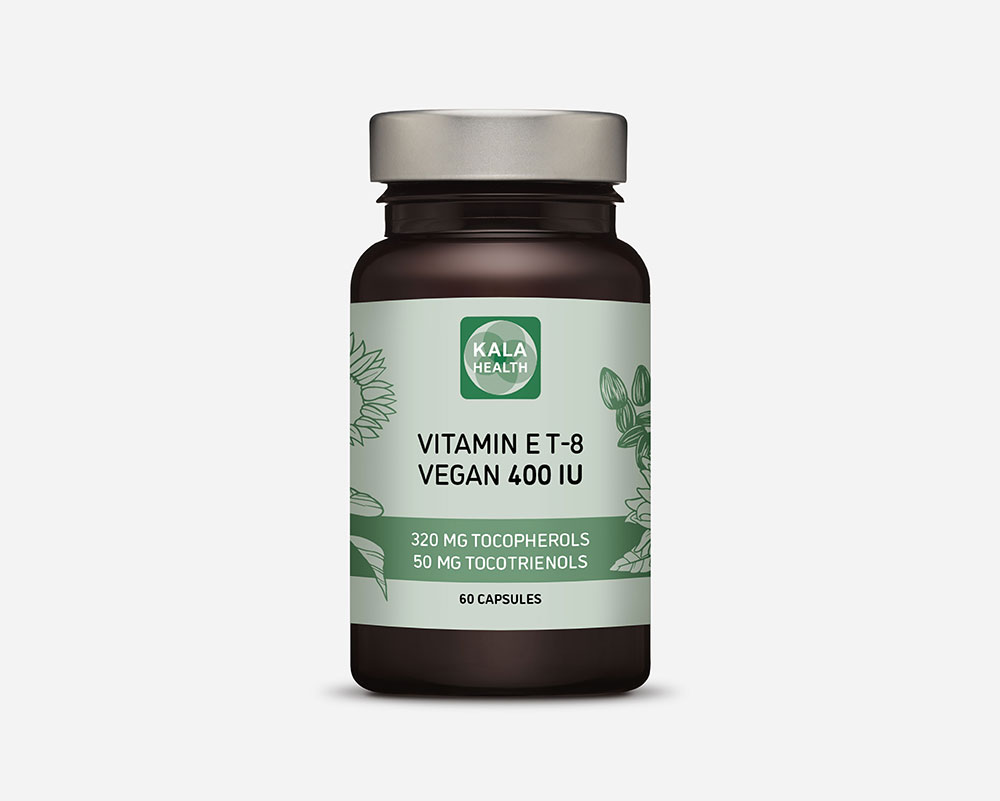
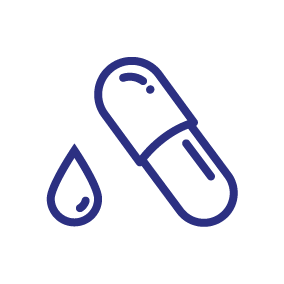 60 or 180 licaps®
60 or 180 licaps®